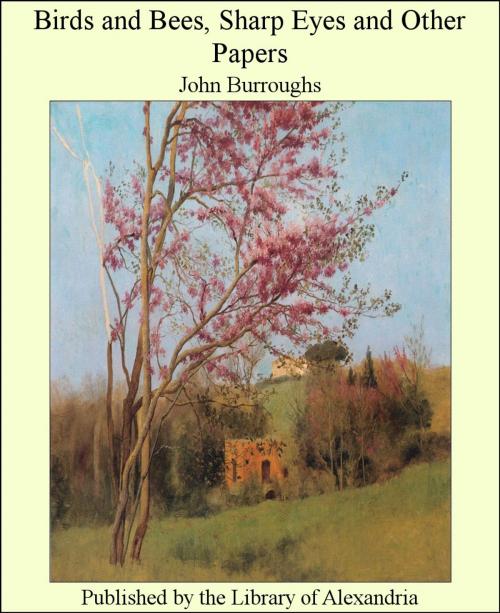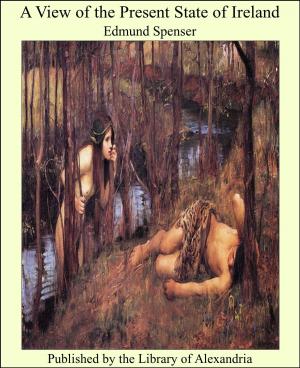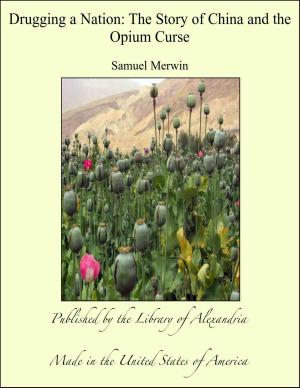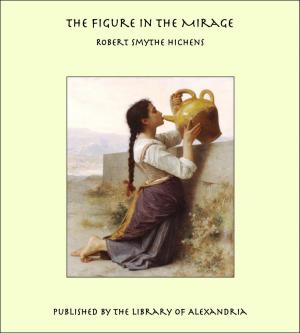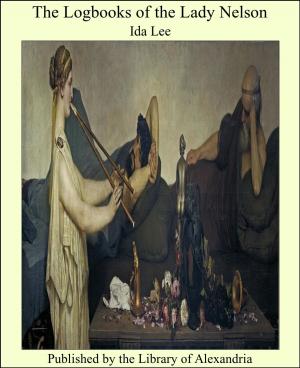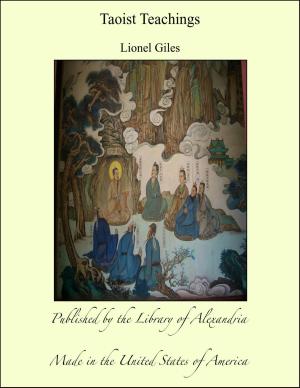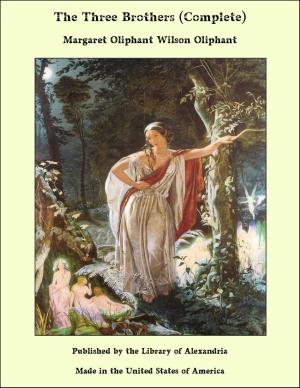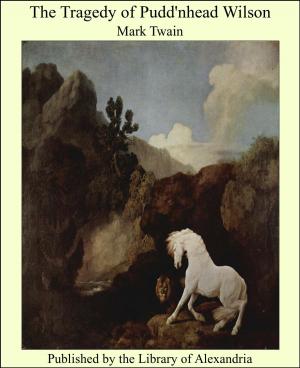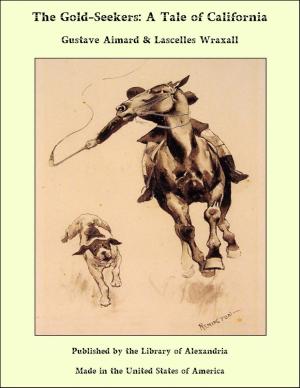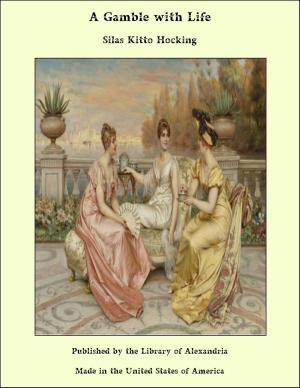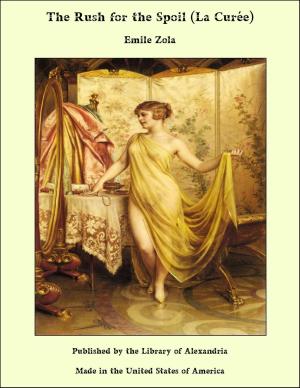Birds and Bees, Sharp Eyes and Other Papers
Nonfiction, Religion & Spirituality, New Age, History, Fiction & Literature| Author: | John Burroughs | ISBN: | 9781465525550 |
| Publisher: | Library of Alexandria | Publication: | March 8, 2015 |
| Imprint: | Language: | English |
| Author: | John Burroughs |
| ISBN: | 9781465525550 |
| Publisher: | Library of Alexandria |
| Publication: | March 8, 2015 |
| Imprint: | |
| Language: | English |
BIOGRAPHICAL SKETCH. From the very beginnings of his taste for literature, the essay was his favorite form. Dr. Johnson was the prophet of his youth, but he soon transferred his allegiance to Emerson, who for many years remained his "master enchanter." To cure himself of too close an imitation of the Concord seer, which showed itself in his first magazine article, Expression, he took to writing his sketches of nature, and about this time he fell in with the writings of Thoreau, which doubtless confirmed and encouraged him in this direction. But of all authors and of all men, Walt Whitman, in his personality and as a literary force, seems to have made the profoundest impression upon Mr. Burroughs, though doubtless Emerson had a greater influence on his style of writing. Expression appeared in The Atlantic Monthly in 1860, and most of his contributions to literature have been in the form of papers first published in the magazines, and afterwards collected into books. He more than once paid tribute to his teachers in literature. His first book, now out of print, was Notes on Walt Whitman, as Poet and Person, published in 1867; and Whitman: A Study, which appeared in 1896, is a more extended treatment of the man and his poetry and philosophy. Birds and Poets, too, contains a paper on Whitman, entitled The Flight of the Eagle, besides an essay on Emerson, whom he also treated incidentally in his paper, Matthew Arnold on Emerson and Carlyle, in Indoor Studies; and the latter volume contains his essay on Thoreau. In the autumn of 1863 he went to Washington, and in the following January entered the Treasury Department. He was for some years an assistant in the office of the Comptroller of the Currency, and later chief of the organization division of that Bureau. For some time he was keeper of one of the vaults, and for a great part of the day his only duty was to be at his desk. In these leisure hours his mind traveled off into the country, where his previous life had been spent, and with the help of his pen, always a faithful friend and magician, he lived over again those happy days, now happier still with the glamour of all past pleasures. In this way he wrote Wake-Robin and a part of Winter Sunshine. It must not be supposed, however, that he was deprived of outdoor pleasures while at Washington. On the contrary, he enjoyed many walks in the suburbs of the capital, and in those days the real country came up to the very edges of the city. His Spring at the Capital, Winter Sunshine, A March Chronicle, and Other papers bear the fruit of his life on the Potomac. He went to England in 1871 on business for the Treasury Department, and again on his own account a dozen years later. The record of the two visits is to be found mainly in his chapters on An October Abroad, contained in the volume Winter Sunshine, and in the papers gathered into the volume Fresh Fields. He resigned his place in the Treasury in 1873, and was appointed receiver of a broken national bank. Later, until 1885, his business occupation was that of a National Bank Examiner. An article contributed by him to The Century Magazine for March, 1881, on Broken Banks and Lax Directors, is perhaps the only literary outcome of this occupation, but the keen powers of observation, trained in the field of nature, could not fail to disclose themselves in analyzing columns of figures. After leaving Washington Mr. Burroughs bought a fruit farm at West Park, near Esopus, on the Hudson, and there building his house from the stones found in his fields, has given himself the best conditions for that humanizing of nature which constitutes the charm of his books. He was married in 1857 to a lady living in the New York village where he was at the time teaching. He keeps his country home the year round, only occasionally visiting New York. The cultivation of grapes absorbs the greater part of his time; but he has by no means given over letters. His work, which has long found ready acceptance both at home and abroad, is now passing into that security of fame which comes from its entrance into the school-life of American children
BIOGRAPHICAL SKETCH. From the very beginnings of his taste for literature, the essay was his favorite form. Dr. Johnson was the prophet of his youth, but he soon transferred his allegiance to Emerson, who for many years remained his "master enchanter." To cure himself of too close an imitation of the Concord seer, which showed itself in his first magazine article, Expression, he took to writing his sketches of nature, and about this time he fell in with the writings of Thoreau, which doubtless confirmed and encouraged him in this direction. But of all authors and of all men, Walt Whitman, in his personality and as a literary force, seems to have made the profoundest impression upon Mr. Burroughs, though doubtless Emerson had a greater influence on his style of writing. Expression appeared in The Atlantic Monthly in 1860, and most of his contributions to literature have been in the form of papers first published in the magazines, and afterwards collected into books. He more than once paid tribute to his teachers in literature. His first book, now out of print, was Notes on Walt Whitman, as Poet and Person, published in 1867; and Whitman: A Study, which appeared in 1896, is a more extended treatment of the man and his poetry and philosophy. Birds and Poets, too, contains a paper on Whitman, entitled The Flight of the Eagle, besides an essay on Emerson, whom he also treated incidentally in his paper, Matthew Arnold on Emerson and Carlyle, in Indoor Studies; and the latter volume contains his essay on Thoreau. In the autumn of 1863 he went to Washington, and in the following January entered the Treasury Department. He was for some years an assistant in the office of the Comptroller of the Currency, and later chief of the organization division of that Bureau. For some time he was keeper of one of the vaults, and for a great part of the day his only duty was to be at his desk. In these leisure hours his mind traveled off into the country, where his previous life had been spent, and with the help of his pen, always a faithful friend and magician, he lived over again those happy days, now happier still with the glamour of all past pleasures. In this way he wrote Wake-Robin and a part of Winter Sunshine. It must not be supposed, however, that he was deprived of outdoor pleasures while at Washington. On the contrary, he enjoyed many walks in the suburbs of the capital, and in those days the real country came up to the very edges of the city. His Spring at the Capital, Winter Sunshine, A March Chronicle, and Other papers bear the fruit of his life on the Potomac. He went to England in 1871 on business for the Treasury Department, and again on his own account a dozen years later. The record of the two visits is to be found mainly in his chapters on An October Abroad, contained in the volume Winter Sunshine, and in the papers gathered into the volume Fresh Fields. He resigned his place in the Treasury in 1873, and was appointed receiver of a broken national bank. Later, until 1885, his business occupation was that of a National Bank Examiner. An article contributed by him to The Century Magazine for March, 1881, on Broken Banks and Lax Directors, is perhaps the only literary outcome of this occupation, but the keen powers of observation, trained in the field of nature, could not fail to disclose themselves in analyzing columns of figures. After leaving Washington Mr. Burroughs bought a fruit farm at West Park, near Esopus, on the Hudson, and there building his house from the stones found in his fields, has given himself the best conditions for that humanizing of nature which constitutes the charm of his books. He was married in 1857 to a lady living in the New York village where he was at the time teaching. He keeps his country home the year round, only occasionally visiting New York. The cultivation of grapes absorbs the greater part of his time; but he has by no means given over letters. His work, which has long found ready acceptance both at home and abroad, is now passing into that security of fame which comes from its entrance into the school-life of American children
